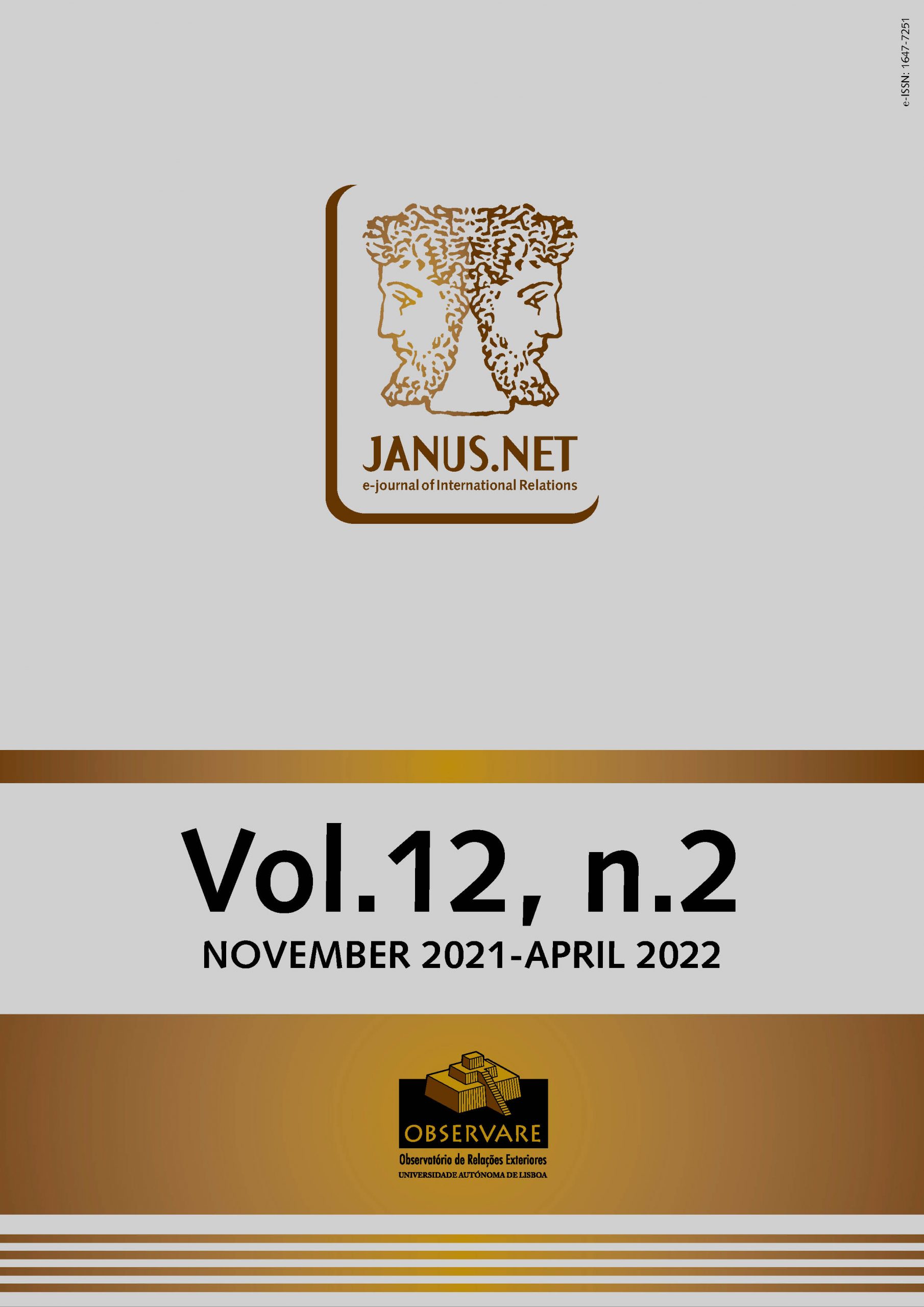Tourism is, in the 21st century, the largest industry in the world and a phenomenon structured on the basis of a dynamic and tentacular articulation. Among the forms enshrined in the phenomenon, the so-called “memory tourism” has gained relevance, based on a colonial heritage whose values are formulated according to a reminiscence of a once shared culture/ heritage: that of overseas empires. By gaining a new prominence, these postcolonial places open themselves to new readings, responding to a societal challenge of contemporary mobility by looking at the journey as a way of building culture and defining identities, for which we propose to map the heritage of portuguese roots in the archipelago of Zanzibar, a place integrated in the Lusitanian empire for two hundred years and a source of multiculturalism and otherness that our time is heir.
UNDER THE BREEZE OF THE PORTUGUESE INDIAN OCEAN: TOURISM AND HERITAGE IN ZANZIBAR
PhD in Contemporary Art History and integrated researcher of the Humanities Centre (CHAM) of
the Faculty of Social and Human Sciences of the New University of Lisbon (NOVA/FCSH,
Portugal). Member of scientific committees, organised and participated in academic events,
actions carried out in Portugal, Spain, France, Scotland, Romania, Italy, Dubai, Brazil, New
Zealand and Zanzibar, which resulted in the publication of articles. Her fields of specialisation
focus on the History of Art and Contemporary Culture, inflecting on the connection of Art with
Power both in relation to Travel and (Post) Colonial Studies and Tourism. She is currently a postdoctoral scholarship holder of the Fundação para a Ciência e a Tecnologia with the project
"ArTravel. Travel and Colonial Art in Contemporary Culture".
Resumo
Palavras-chave
Como citar este artigo
Castro, Maria João (2021). Under the breeze of the Portuguese Indian Ocean: tourism and heritage in Zanzibar. Janus.net, e-journal of international relations. Vol12, Nº. 2, November 2021-April 2022. Consulted [online] on the date of the last visit, https://doi.org/10.26619/1647-7251.12.2.12
Article received on 22 April, 2021 and accepted for publication on 10 August, 2021















